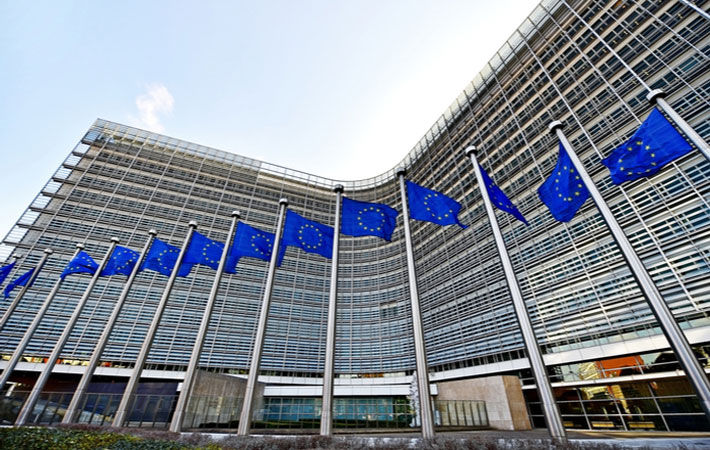
For businesses, these new rules will bring legal certainty and a level playing field. For consumers and investors these will provide more transparency, the Commission said in a press release.
The new rules will advance the green transition and protect human rights in Europe and beyond.
A number of European Union (EU) member states have already introduced national rules on due diligence and some companies have taken measures at their own initiative.
However, there is need for a larger scale improvement that is difficult to achieve with voluntary action. This proposal establishes a corporate sustainability due diligence duty to address negative human rights and environmental impacts, the press release said.
The new due diligence rules will apply to EU companies and non-EU companies active in the EU with a specific turnover threshold generated in the region. Small and medium enterprises (SMEs) are not directly in the scope of this proposal.
This proposal applies to the company's own operations, their subsidiaries and their value chains (direct and indirect established business relationships).
To comply with the corporate due diligence duty, companies need to integrate due diligence into policies; identify actual or potential adverse human rights and environmental impacts; prevent or mitigate potential impacts; bring to an end or minimise actual impacts; establish and maintain a complaints procedure; monitor the effectiveness of the due diligence policy and measures; and publicly communicate on due diligence.
National administrative authorities appointed by member states will be responsible for supervising these new rules and may impose fines in case of non-compliance. In addition, victims will have the opportunity to take legal action for damages that could have been avoided with appropriate due diligence measures.
ALCHEMPro News Desk (DS)
Receive daily prices and market insights straight to your inbox. Subscribe to AlchemPro Weekly!